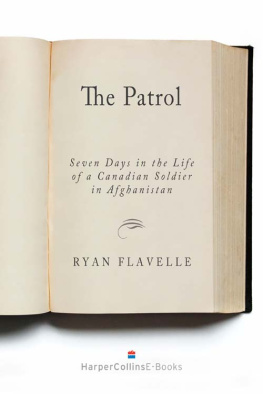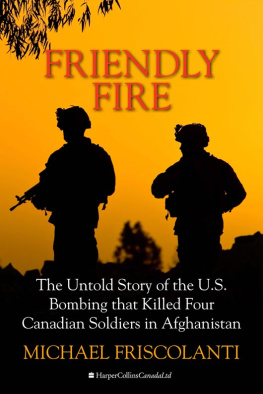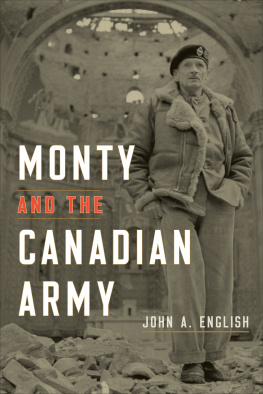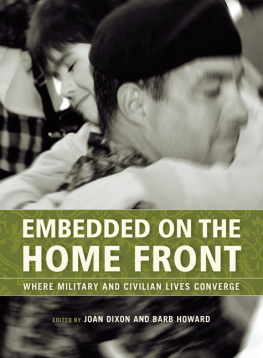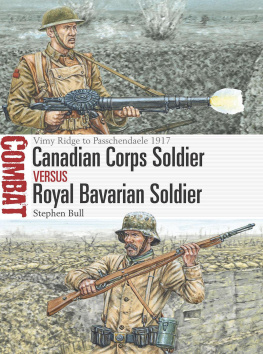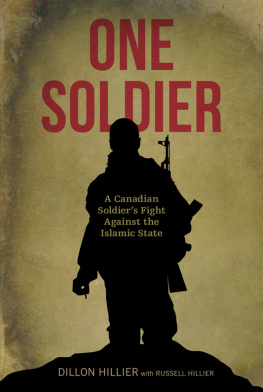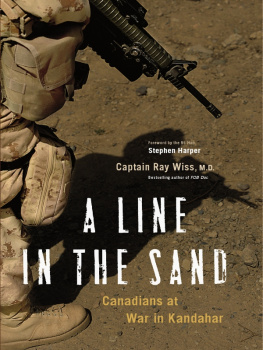CANADIANS AND THEIR COLONIAL PREDECESSORS have been at war on and off since Samuel de Champlain and his arquebusiers killed three Iroquois chiefs in 1609. Before and after Confederation, wars have defined Canada, and although many would deny it, they have defined Canadians as well. Most of these wars have entered the realm of history; patriotic Canadians remember that Vimy Ridge came to define us in the First World War, that the British burned the White House in 1814, or that we landed on Juno Beach in 1944. But few Canadians pause to reflect that we are currently fighting another war, one that differs greatly from other wars but is as real, bloody, and hot as they were.
The Canadian war in Afghanistan began in the fall of 2001 with great popular support. Canada, after all, was helping the United States respond to the mass atrocity of the Twin Towers and the Pentagon on September 11, 2001. The Canadian public wanted revenge no less than the Americans did. In early 2002, a Canadian battle group arrived at Kandahar Airfield to campaign under U.S. command, hunting the Taliban and al-Qaeda through the mountains that surround Kandahar City. Those troops were withdrawn in the summer of 2002 when their six-month mandate ended. But in the late summer of 2003, Canadian soldiers went back to Afghanistan, first to patrol Kabul, and later (in early 2006) to secure Kandahar Province against a rising insurgency fought by a resurgent Taliban.
As the war in Kandahar dragged on and Canadian casualties began to mount, popular support for the war began to wane. The Afghan mission became controversial, and a very large number of Canadians wanted to wash their hands of this war, and perhaps of all war.
These events are the stuff of the history that has and will be written to tell the story of how Canada got involved in Afghanistan, what Canada did or did not accomplish there, and how command decisions were made, battles fought, and formations manoeuvred. We know, for example, that in terms of length and numbers of soldiers deployed, Afghanistan has become Canadas third-largest war, surpassing Korea. And, unlike Korea, it is a war fought in the information age; just about every aspect is being recorded by both observers and soldiers. All this raw material will eventually tell the history of Canadas part in the war in Afghanistan.
But there is a massive gap between war as historians and other observers write about it and the experience of war itself. Only those who have actually experienced war can truly know what it is. This is why war memoir literature is such an important contribution to understanding warfare. Ryan Flavelles book will, among other things, contribute to our collective understanding of this war, and of all war.
In a perceptive book entitled The Soldiers Tale: Bearing Witness to Modern War (1997), Samuel Hynes, a veteran of the Second World War in the Pacific, wrote, If we would understand what war is like, and how it feels, we must turn away from history and its numbers, and seek the reality in the personal witness of the men who were there. I dont believe Hynes was denigrating history when he wrote those words; he was instead drawing a sharp distinction between the observation of war, contemporary or historical, and knowing it through experience.
This doesnt mean that all war memoir literature succeeds in explaining, or even tries to explain, what it was like to be there. In fact, most war memoir literature fails to convey a sense of time and place in war, and of the unique human experience that it is. Yet some notable works have succeeded. Those who would truly know the First World War on the western front must read Robert Gravess Goodbye to All That or Siegfried Sassoons Memoirs of an Infantry Officer. Similarly insightful memoirs of the Second World War would include E.B. Sledges With the Old Breed at Peleliu and Okinawa, George MacDonald Frasers Quartered Safe Out Here, Murray Pedens A Thousand Shall Fall, or Farley Mowats And No Birds Sang.
I believe Ryan Flavelles book will one day stand on its own in the same category. It is the first book I have read that gives me a feeling for what this war is like, recounted from the point of view of one soldier who fought it. It is a monumental Canadian literary achievement by a young man who has seen the face of this particular war up close and who has the gift of being able to convey through his writing what he saw and what he felt. That is a rare gift.
Ryan is by no means the first combat veteran I have ever met. I have worked for, talked to, and recorded the impressions of hundreds of Second World War, Korean, and Afghanistan veterans. When the reserve formations for which I was an honorary lieutenant-colonel (33 Field Engineer Squadron and 41 Combat Engineer Regiment) began to send young soldiers to augment the regular force in Afghanistan in 2007, I began to realize that Canada was producing a new generation of veterans. What is so different about these people is that they are young, much younger than I am and considerably younger than the other veterans I had known through much of my life.
In some ways Ryan personifies these young Canadians. He has long experience with this new generation of soldiers, both in Canada and in Afghanistan. Their generation has a new language to describe this war, and new means with which to do it. Militaries have always been cultural entities, and this army and this war are no different. Flavelles work affords the reader new insights into that culture. Acronyms like FOB, KAF, TIC, and phrases like ramp ceremony are entering our collective consciousness. Songs like Soldier Side, which Ryan forced me to listen to, are describing and defining their war and giving it its own symbols. The opium poppy, the grape field, the LAV, and the Highway of Heroes are invoked when we characterize this war.
Modern communications allow our soldiers to be far more aware of the world around them than my dads generation, who fought the Second World War. Many of these young kids use technology only for social networking, merrily LOLing and WTFing their experience at war. But others, like Ryan, can expand their horizons much farther and more quickly than was possible in the past. I admire that, but the gap between us boomers and them seems very wide at times. Their music, their language, their culture are largely alien to me. Most of them go to war playing video games, shooting computerized insurgents and listening to iPods in between patrols. Dont think they are soft just because they bring their electronic toys with them; after all, soldiers in the Second World War hauled their record players with them. Dont imagine life has gotten that much easier because they eat foil-packaged food in self-heating containers instead of stale compo rations. War is still war, the pain of loss is still deep, and the terrible sight of destroyed bodies is still horrifying.
There is a greater immediacy to Ryans war than to the Second World War or even to Korea (which was largely ignored by the folks at home), because it is an instant war, one where soldiers update their Facebook status with postings like RIP Terry Street 19842008. My dads generation said goodbye to wives and sweethearts for years, communicating only through letters, often infrequent. Ryans generation phones home with regularity or connects with e-mail. Thus every death in Afghanistan seems more tragic and immediate than the mass losses Canada suffered in at Vimy Ridge or in Normandy.

